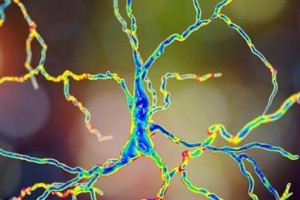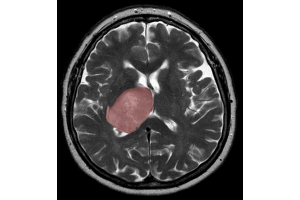What stress does to the brain
Researchers at ETH Zurich have shown for the first time that selective release of the neurotransmitter noradrenaline reconfigures communication between large-scale networks in the brain. Their findings provide insights into rapid neural processes that occur in the brain during stressful situations.
In moments of acute stress – for example, a life-threatening situation in road traffic – our brain has just a split second to react. It focuses attention on the most important environmental cues in order to make life-or-death decisions in fractions of a second. To accomplish this, efficient communication needs to be quickly established between various areas of the brain by forming so-called functional networks.
You may read the whole text here.





Related Posts